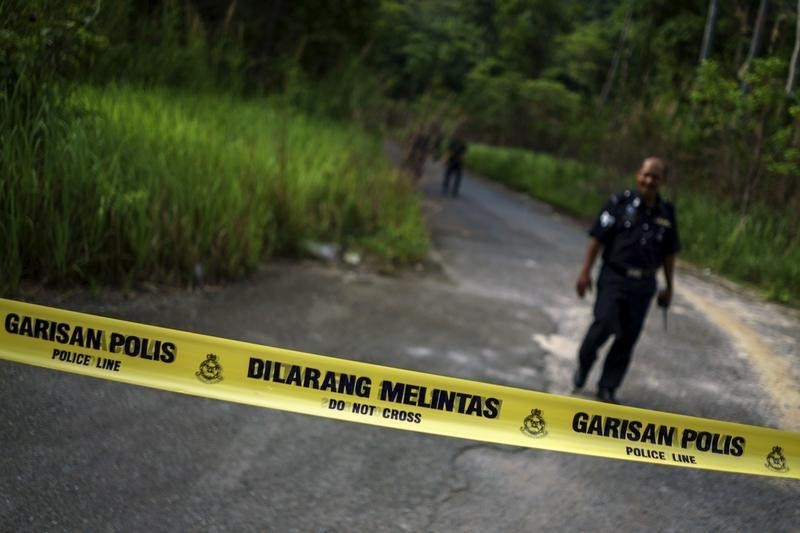WASHINGTON (Reuters) - A group of Democratic lawmakers called on Monday for the U.S. State Department's internal watchdog to investigate the removal of Malaysia from a list of worst offenders in human trafficking following concerns that politics may have played a role in the decision.
The State Department's annual Trafficking in Persons (TIP) report, issued in July, upgraded Malaysia from the lowest tier, potentially smoothing the way for a landmark free-trade deal with the Southeast Asian nation and 11 other countries.
Six members of the House of Representatives, including outspoken trade critics Rosa DeLauro and Louise Slaughter, wrote to State Department Inspector General Steve Linick requesting a probe into why Malaysia was moved up a rung.
They cited reports that Malaysia was not doing enough to tackle human trafficking as well as a Reuters examination, published in August, that said the State Department office set up to independently rate countries' efforts was repeatedly overruled by senior U.S. diplomats.
"We are concerned about the role that possible political influence may have played in the development and content of the TIP Report, particularly as it relates to Malaysia's status," the letter said.
The State Department did not immediately respond to a request for comment. State Department officials have denied any political interference in the report. Secretary of State John Kerry said last month that he had "zero conversation" within the administration about the Asia-Pacific trade talks relative to the decision on Malaysia's upgrade.
The Reuters report said that over the objections of the State Department's own experts, Malaysia, Cuba and other strategically important countries were among those upgraded.
In total, analysts in the anti-trafficking office disagreed with U.S. diplomatic bureaus on ratings for 17 countries during the decision-making process, according to the Reuters report. The analysts, specialists in assessing efforts to combat modern slavery, prevailed in only three of those disputes, the worst ratio in the 15-year history of the unit.
Malaysia stands out because U.S. lawmakers earlier this year passed a trade bill that would have barred it and other countries that earn the worst U.S. human trafficking ranking from an expedited process to ensure trade deals have a fast track through Congress.
Removing Malaysia from the lowest ranking, known as "Tier 3," takes away that hurdle as Washington seeks to complete negotiations on the Trans-Pacific Partnership, President Barack Obama's signature trade pact.
Malaysia's upgrade followed international scrutiny and outcry over the country's efforts to combat human trafficking after the discovery this year of scores of graves in people-smuggling camps near its northern border with Thailand.

The Senate Foreign Relations committee has conducted hearings into whether this year's human trafficking report was watered down for political reasons.